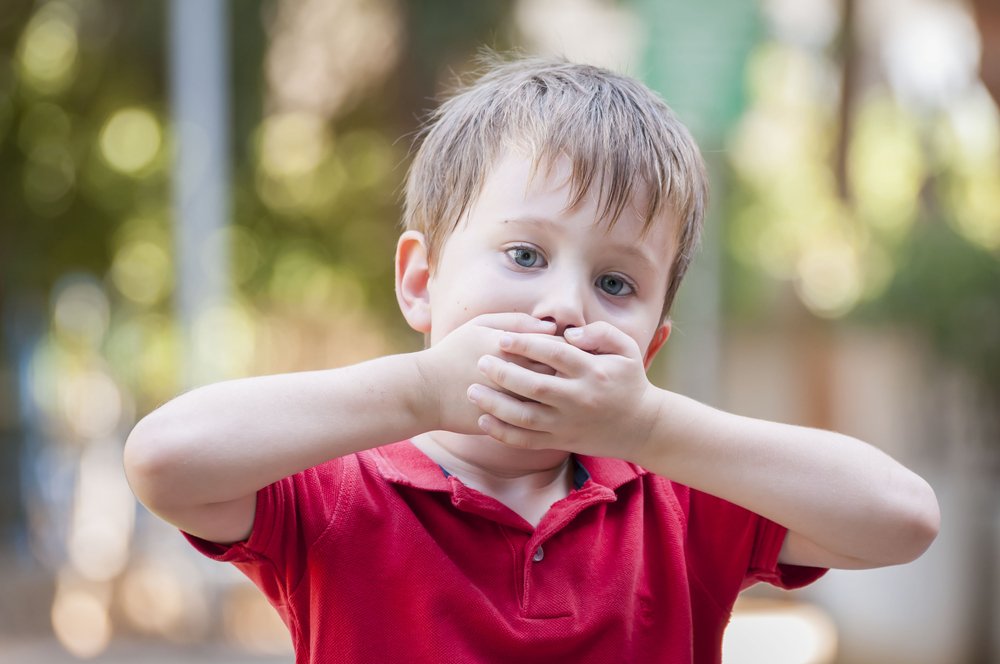Key points:
1. Stuttering in children around age two or three is common and often temporary.
2. Actual stuttering is when it persists for over two to three months and affects communication.
3. Signs of stuttering include repeating sounds or syllables, sound prolongations, and physical struggle when speaking.
4. Early professional help is essential for reducing stuttering, and parents should be patient, not correct the child, and maintain acceptance and praise.
A lot of parents worry when their child stutters, but such concern is unnecessary. It’s actually quite common for children around the age of two or three to stutter by repeating sounds, syllables, or even words sometimes. In fact, approximately 5% of all children are likely to stutter at some point. It usually happens between the ages of two and a half and five, and children can even go back and forth between periods of fluency and disfluency. Most children don’t even realize they are speaking incorrectly and then just grow out of it after some time.
When is it considered actual stuttering?
When this behavior persists over two to three months and it doesn’t let your little one communicate effectively, then it’s considered stuttering. It’s three times more common in boys than in girls and the cause is unknown. Look out for the following signs:
- Repeating sounds or syllables (for example, “b-b-banana”).
- Sound prolongations (for example, “sssssssounds good”).
- Trying to make a sound that doesn’t come out, or a physical struggle when speaking.
- Behaviors that go along with speaking difficulty (for example, eye blinking).
- Frustration or negative feelings towards speaking.
- A family history of stuttering.
- Disfluencies lasting longer than 6 months.
Getting professional help early on gives children the best chance for reducing stuttering. Talk to your pediatrician about it and they will be able to recommend a speech-language professional to assess and help your little one. In the meantime, the best approach is to ignore the stuttering when your child talks. The less frustrated they become with talking, the better. So, don’t correct them or finish sentences for them. Be patient and listen to what they have to say. Demonstrate that you are accepting towards your little one and build self-esteem by praising other activities they do correctly around the house.








